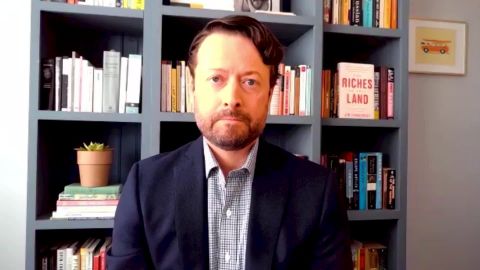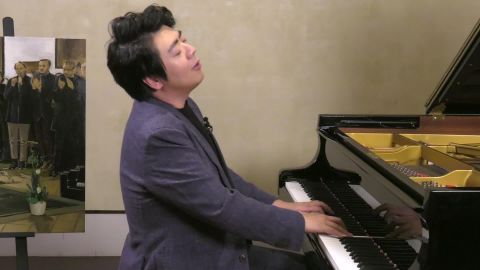Read Transcript EXPAND
JONATHAN POWELL, FORMER CHIEF BRITISH NEGOTIATOR ON NORTHERN IRELAND: Well, I’m really looking forward to seeing the lessons because they must be the most bizarre love correspondence in history. Knock everyone else into the shade. So, it would be lovely to see the language that’s used. But you said that nothing’s happened, but of course nothing happening is exactly what we want. We don’t want North Korea to carry on this nuclear testing. We don’t want them to carry on with their missile testing and we don’t actually want them to carry on the production of those things. So, I think it would be fair to say that Trump’s approach as a disruptor in this case was successful in stopping that testing. The problem is he’s never been able to go beyond that, he’s never been ever to expand that into official level talks or real negotiations. And that’s partly because of the humiliation that happened in the Hanoi. The Hanoi summit went badly wrong Kim Jong-un, he had to go back and explain why he got nothing and the thing got stuck. And I think he actually believed that President Trump was using his negotiations in North Korea for political advantage at home, domestically in the United States and that’s why he sorts of went into a no-deal mode. Now, it’s not possible you get knocked over surprise before the election, it will be another love letter that actually produces something. But I suspect this is going to be something that falls to the next president after the election to deal with. And going back to his strategic patience would be a mistake because you don’t want to go back into North Korea, provoking people, taking steps to gain attention. You want them to stay not testing any of these things.
AMANPOUR: OK. So, Mark, final word to you because getting them to stop the testing is a good thing, obviously. You know a bit about the letters. You were a White House correspondent. What do you know about that?
MARK LANDLER, LONDON BUREAU CHIEF, THE NEW YORK TIMES: Well, President Trump actually took great pleasure in showing these letters to people who visited him in the Oval Office. And in fact, my colleagues and I were in a session in the Oval Office a couple years ago where he pushed those letters across the resolute desk and let us take a look at them, a peek at them. He would not let us quote from those letters. So, credit to Bob Woodward for being ability to quote from them. But I think what they show, above all, is Donald Trump has this unswerving confidence in his ability to make a sale one on one with somebody else. He really put that to the ultimate test with Kim Jong-un, actually making offers that his own aides were uncomfortable with. Now, he didn’t close the deal, but, you know, there might have been some value in taking an unorthodox approach. I mean, Jonathan is right to say that strategic patience had not prevented testing, and there was a period of rising tensions over a long period of time. So, thinking outside the box is not by itself a bad thing. I mean, what we did see with President Trump is he overestimated his ability to extract something historic from Kim Jong-un. And in the process, he gave Kim Jong- un a great deal of credibility on the world stage, credibility that he perhaps didn’t deserve, and that a future American president is going to have to deal with.
About This Episode EXPAND
Jonathan Powell and Mark Landler join Christiane to explain how the UK’s Brexit plans could violate international law. Pianist Lang Lang plays from Bach’s Goldberg Variations. Journalist Jim Tankersley debunks myths of America’s middle class.
LEARN MORE


